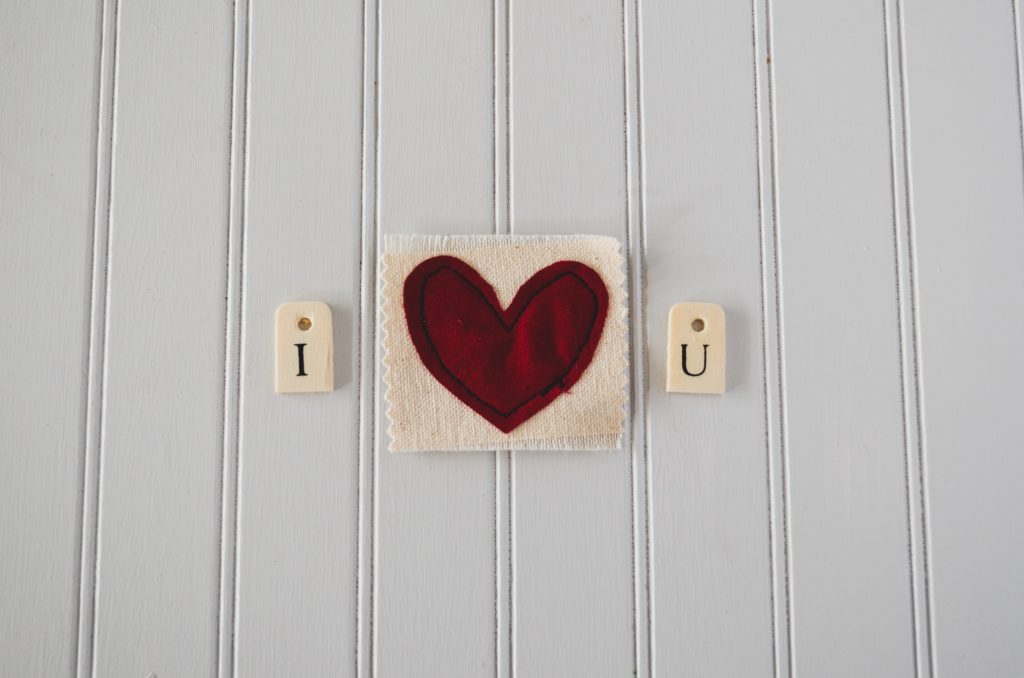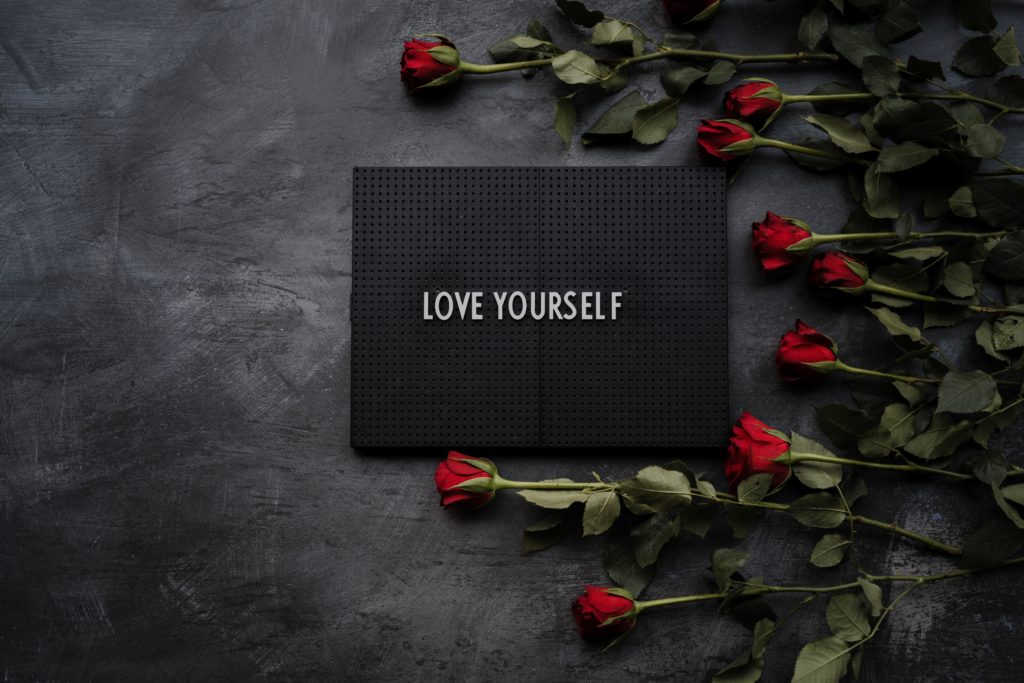
Thank goodness Valentine’s Day is passed! As if the pink and red overload wasn’t enough, the expectations for romance on V-Day can trigger people into an emotional black hole. In fact, there are many, many reasons why the ultimate romantic holiday is also one of the most depressing days of the year.
That’s because Valentine’s Day—and the weeks leading up to it—are reminders that the Western view of romance can carry a heavy victimhood narrative. By now, you know that we at Productive Learning like turning concepts from the social script inside out. As we plunge into the year’s theme of “Perfect Vision”, this month, we examine the dependency in romance. We’re challenging you to re-approach romance in a self-empowering way. (Spoiler alert: it has nothing to do with another person.)
There are many tropes in the narratives of Western romance: the men tend to chase women, there’s a longing between lovers, love is painful and so on… But all romance stories carry the message that to find love we must place ourselves on the Drama Triangle.
Take the classic storyline of the unloved nerd (Victim) pining for the popular person who doesn’t love them (Villain). The story ends with the nerd getting asked to prom by a plebe (Rescuer). The End.
From Romeo and Juliet to Launcelot and Guinevere to Elizabeth Bennett and Mr. Darcy, we’ve been believing that to feel romance and love we must play the role of victim, villain or rescuer.
During Valentine’s Day, this message tends to be particularly strong. We expect our partners to display grand overtures to show affection—to rescue us by meeting emotional needs. They must validate their love to us or we vilify them. We may tell the crush we like them and become victims of their rejections. Or we may feel “in love” when someone gives us their approval and acceptance.
All these narratives are disempowering beliefs about romance and love. Love isn’t conditional on a partner’s approval, gesture or our expectations of them. The Drama Triangle can make for good storytelling but if we adapt it in our real lives, it’s a mess that leads to unhappiness. We must find healthier ways of expressing romance.
Experiencing a broken heart is normal but accepting its victim narrative is disempowering. Someone can reject us, trigger us and leave us pining but we have the ultimate responsibility with mending our feelings.
The perfect vision for love and romance begins by knowing that we don’t need to feel pain or make others wrong to feel “real” love. Nor do we need to rely on their love as a condition to feel good about ourselves.
When we stop relying on others to make us feel whole and loved, we can re-negotiate our definition of romance by releasing expectations of our partners and ourselves. Coming into the perfect vision of love and romance involves listening to our emotions—even the painful ones. Once we’re right within ourselves, we can make pressure-free asks of our partners because we’re no longer reliant on them for happiness.
The perfect vision is when we’re creating authentic connections, building our confidence and behaving with self-love. Really, what’s more romantic and sexy than a confident person opening up about how much they like you?

Romance is fun and endearing. When we love ourselves, our partners are more likely to support our endeavors. If you believe someone needs to make you feel secure, loved, worthy, wanted, then it’s time to re-write your contract with yourself.
Productive Learning’s experiential workshops allow people from all walks of life to do the inner work in safe environments. This is a place where you can re-learn the narrative of romance through authentic and real connection with yourself and feel how that extends to others. (We have married couples who’ve met at our workshops!) We help you find ways of valuing yourself. There’s no Mr. or Ms. Right out there. You are the right person for you.
Bring yourself romance by filling your emotional needs. And become free to be with someone who compliments your happiness, rather than relying on another to create it for you.
Next time you hear Jerry McGuire’s, “you complete me” waffle or the cheesy lines from rom-coms, accept them as means of entertainment. Don’t fall for the Drama Triangle story!
So, if you’re single, great. If you’re married, great. If “it’s complicated”, great. It doesn’t matter your status because the greatest romance story is the one you have with yourself.
When you appreciate you for who you are and you are with someone who appreciates themselves – the love experienced between two whole and complete people is absolutely extraordinary!
